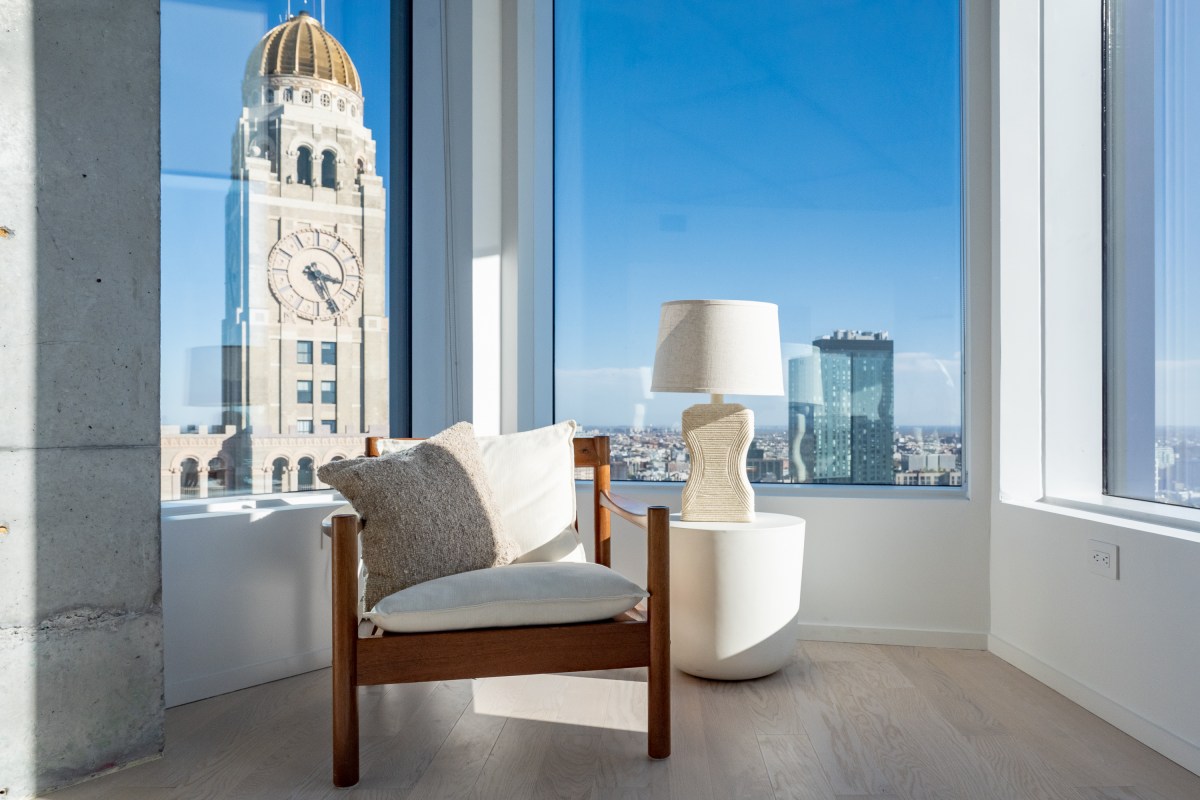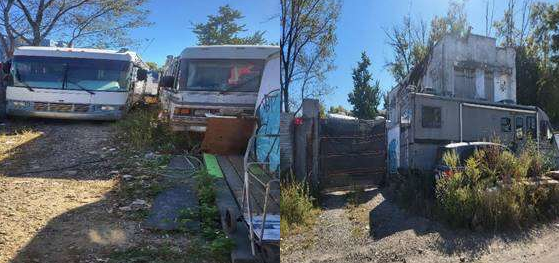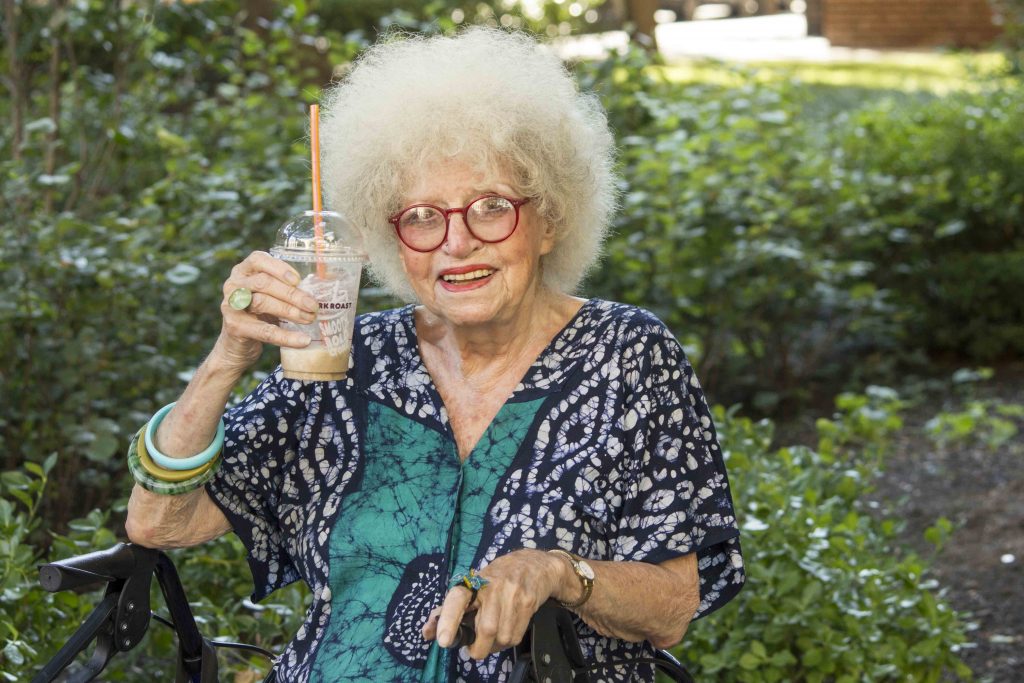
BY GABE HERMAN | Gloria Sukenick, a Chelsea resident for nearly 50 years and a prominent community and housing activist, died on May 26 in her Penn South apartment. She was 94.
Sukenick, a Brooklyn native, first lived in Chelsea on W. 16th St., before moving to Penn South in 1991.
She was a veteran member of the Chelsea Reform Democratic Club, with which she advocated for affordable housing policies and on behalf of tenants, according to Randy Petsche, a longtime friend and fellow activist.
She had also been an active volunteer in the Metropolitan Council on Housing since the late 1980s.
Sukenick’s work as a champion of housing rights earned her a Clara Lemlich Award in 2015 from the group LaborArts.
When this paper covered that awards ceremony, Sukenick recalled that her entry into housing activism began in the early 1980s when Barneys wanted to expand with a women’s store at W. 17th St. and Seventh Ave.
“However, there were families that had been living there for years — they were all rent-stabilized or rent-controlled,” Sukenick recalled. “They were all very affordable rents and Barneys was intent on getting them out of there.”
She helped in the efforts to fight back, along with the Chelsea Coalition on Housing and its late founder, noted activist Jane Wood. One-minute street theater was performed in the middle of Seventh Ave., and special performance art was done for the store’s opening night.
“We had decided that we were going to have this fashion show, so we rented a limousine and we all dressed up in wacky costumes,” Sukenick recalled in 2015.
She wore an outfit with dollar bills attached all over it, and the words “Barneys Bill of Rights” on it.
Although Barneys ended up moving into the space, the tenants were able to move to other apartments in Chelsea with the same rents and protections they had before.
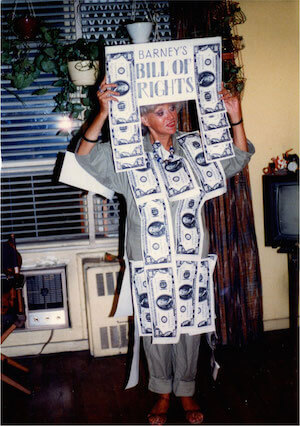
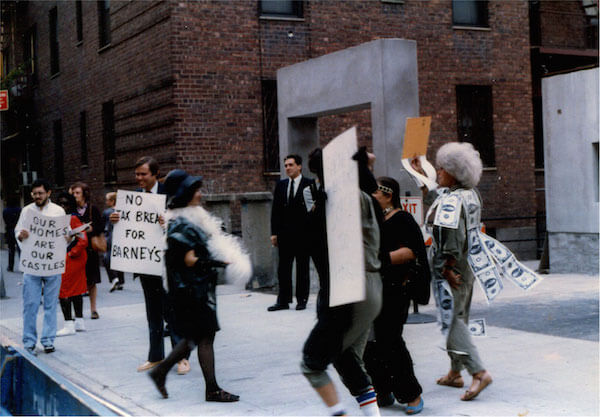
Sukenick fought in a campaign to prevent evictions at the Leo House, a church-run building on W. 23rd St. for single women. She also helped to organize the first conference of Older Women’s Liberation, and was involved with New York Radical Feminists, the feminist group Redstockings, and the National Organization for Women.
Gloria Sukenick was born in Brooklyn in 1925. She studied painting at the Yale School of Fine Arts, and was an artist throughout her life. She painted and was active in the Penn South Pottery Studio, and was also a big jazz fan, according to Petsche.
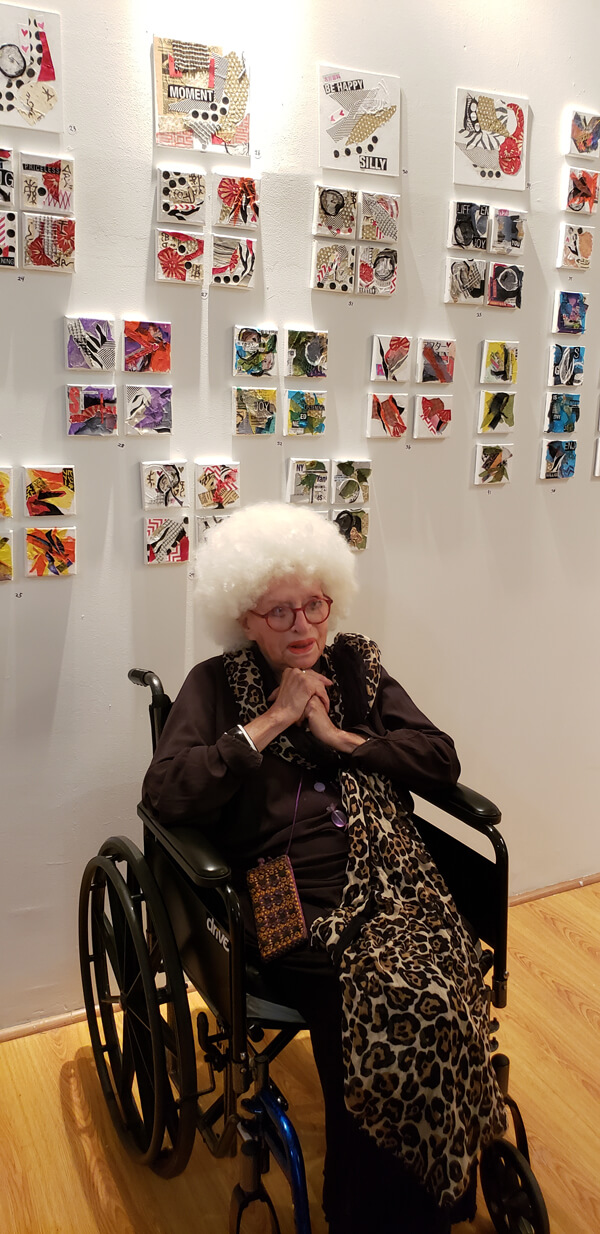
She worked several jobs in her 20s, including waitress, model, dance teacher and switchboard operator at the Museum of Modern Art. She eventually settled into a job as a copywriter at Alexander’s department store.
“I kind of ambled my way through till I got to my activist years,” she told this paper in 2015. “I retired as soon as I possibly could at 62.”
Sukenick came to activism later in life, starting around the time she reached 40, she told LaborArts. She was introduced to second-wave feminism and consciousness-raising after an invitation to a meeting while she was living on E. 10 St. in the East Village.
She told LaborArts of her late arrival to activism, “Rather than my life skinnying down, it seemed to have opened up and included more and more of the world. And I have to say, it’s been a good grown-up life.”
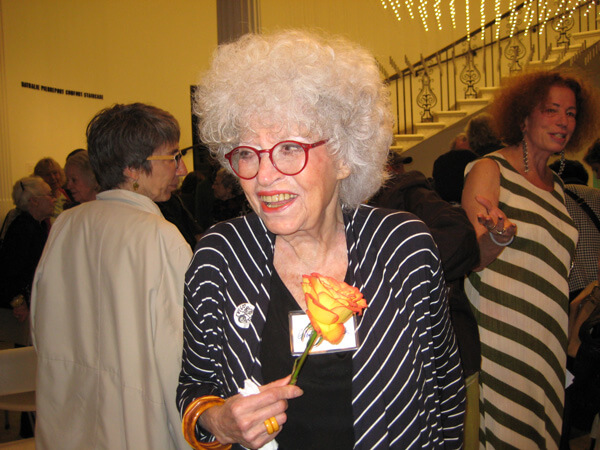
Sukenick lamented in that 2015 interview that Chelsea had lost much of its community spirit, mentioning how small stores were closing or moving away.
“It was such a feeling of support from people that lived in communities, which we don’t have now,” she reflected. “And now as we look around, we see our neighborhood being turned into a neighborhood for the wealthy. It’s just kind of very sad.”
She added of her activism, “If you get involved in something that really affects the world, and does something that makes life easier or better for somebody else, it’s like a great big bouquet of wonderfulness.”
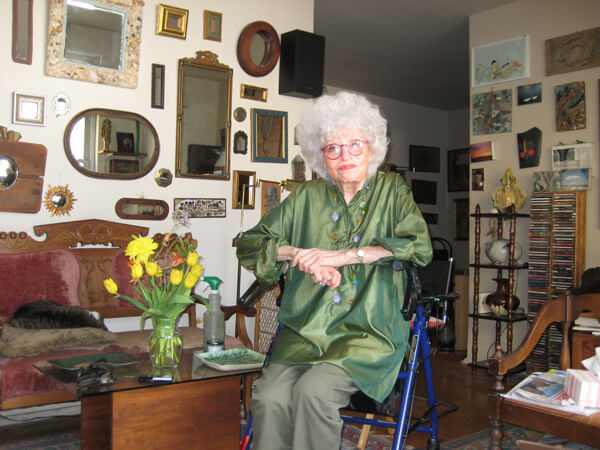
Sukenick’s late brother Ronald was a writer, editor of literary fiction and university professor. She is survived by her cousin Marianne Rosenfeld, and sister-in-law Julia Nolet, along with several nephews, nieces and cousins.
A memorial for Gloria Sukenick will be held Tues., June 25, at 367 W. 28th St., between Eighth and Ninth Aves., starting at 6:30 p.m. It’s being organized by LEAPS, or Limited Equity and Affordability at Penn South.
Speakers will include family, friends, activists and local politicians, according to an announcement for the memorial. There will also be an open microphone for others who wish to speak about Sukenick.





